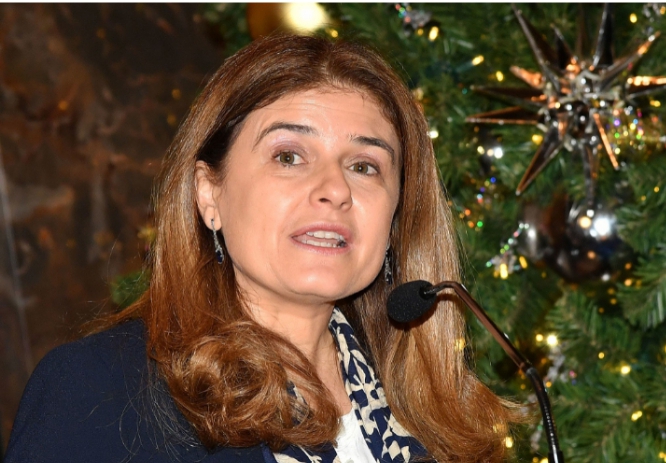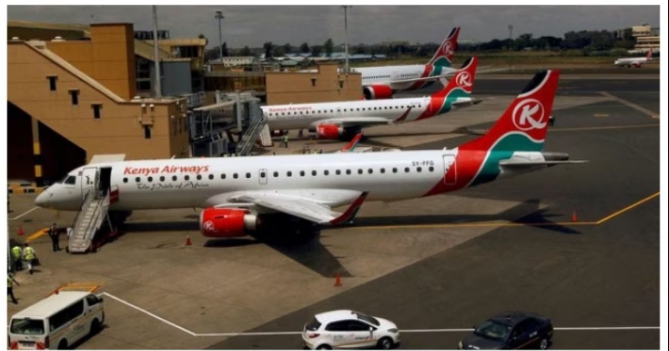The United Nations Children Fund (UNICEF) has said that, an estimated 840,000 children have been displaced by the recent flooding that ravaged parts of Nigeria.
According to a statement issued on Tuesday, by Paloma Escudero, head of the UNICEF delegation for COP27, on the 8th day of November, 2022, about 27.7 million children across the world were affected by the flooding in 2022.
Escudero said the children, who were amongst a large majority of the 27.7 million children affected by flooding in 2022, are among the most vulnerable and are at high risk of a multitude of threats including death by drowning, disease outbreaks, lack of safe drinking water, malnutrition, disruption in learning, and violences.
READ MORE: High military expenditure weakening Nigeria’s investments –AfDB
In her statement, Escudero emphasised that, “We are seeing unprecedented levels of flooding all around the world this year, and with it, an explosion in threats to children.”
“The climate crisis is here. In many places, the flooding is the worst it has been in a generation, or several. Our children are already suffering at a scale their parents never did, she maintained.
“The aftermath of floods is often more deadly for children than the extreme weather events that caused the flooding. In 2022, floods have contributed to the increased spread of major killers of children, such as malnutrition, malaria, cholera and diarrhea.
It was confirmed that, “An estimated 840,000 children were displaced by floods in Nigeria in recent months.”
According to her, “In addition to threatening the lives of millions of children, the flood waters have disrupted essential services and displaced countless families.
Escudero said over 1 in 9 children who were hospitalised in flood-ravaged areas in Pakistan were diagnosed with acute malnutrition, while an estimated 465,030 hectares of farmlands were destroyed in Lake Chad, contributing to heightened food insecurity.
She pointed out that, “COP27 provides an opportunity to chart a credible roadmap with clear milestones for finance for climate adaptation and solutions for loss and damage.”
“Young people from the most affected places on earth are drowning in climate inaction. Enough is enough. Lives are on the line; children need quick remedying action now,” she concluded.




